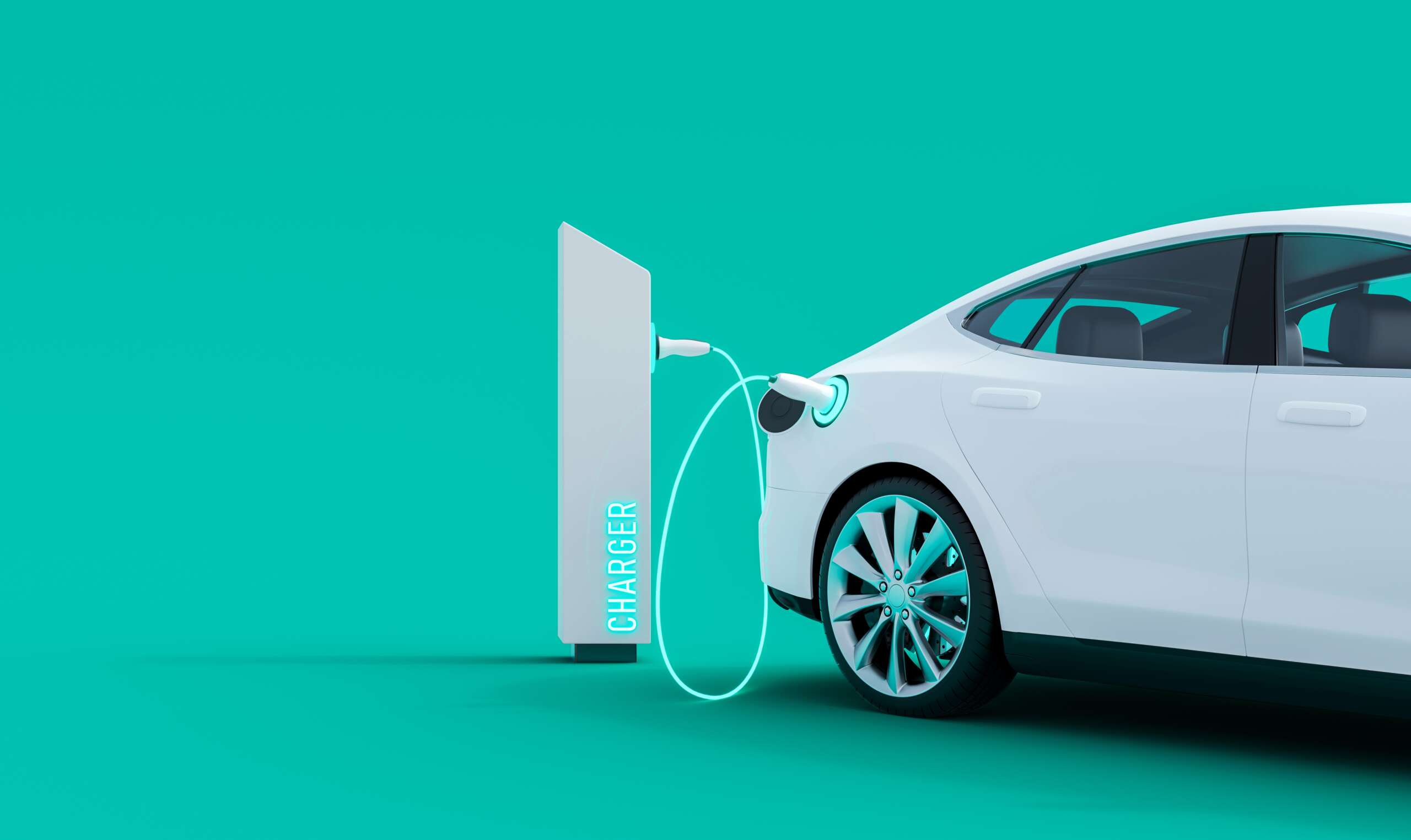Electric vehicles (EVs) have been in the news a lot recently. They’ve been touted as a major weapon against greenhouse gas emissions and a money-saving alternative to conventional cars. In an age of climate change and soaring gas prices, both of those things are good news. Generous new EV tax credits were also proposed in the Biden administration’s much-discussed Build Back Better plan.
The stars seem to be aligning for the EV market. Experts widely believe they represent the future of the automotive industry. But is now the best time to buy? This guide examines the reasons some analysts and consumers believe it is.
What Is An EV?
EVs are automobiles that run on electric power, either fully or partially. Electric vehicles that operate partly on electricity are also known as hybrids. These cars and trucks usually combine electric batteries with gasoline-powered combustion engines.
Most EVs use battery technologies built around lithium ions. Lithium ion batteries have displaced previous generations of EV power supplies, which mainly used lead acid or nickel metal hydrides. These new batteries are more stable, retain more energy, charge more quickly, and have greater distance ranges.
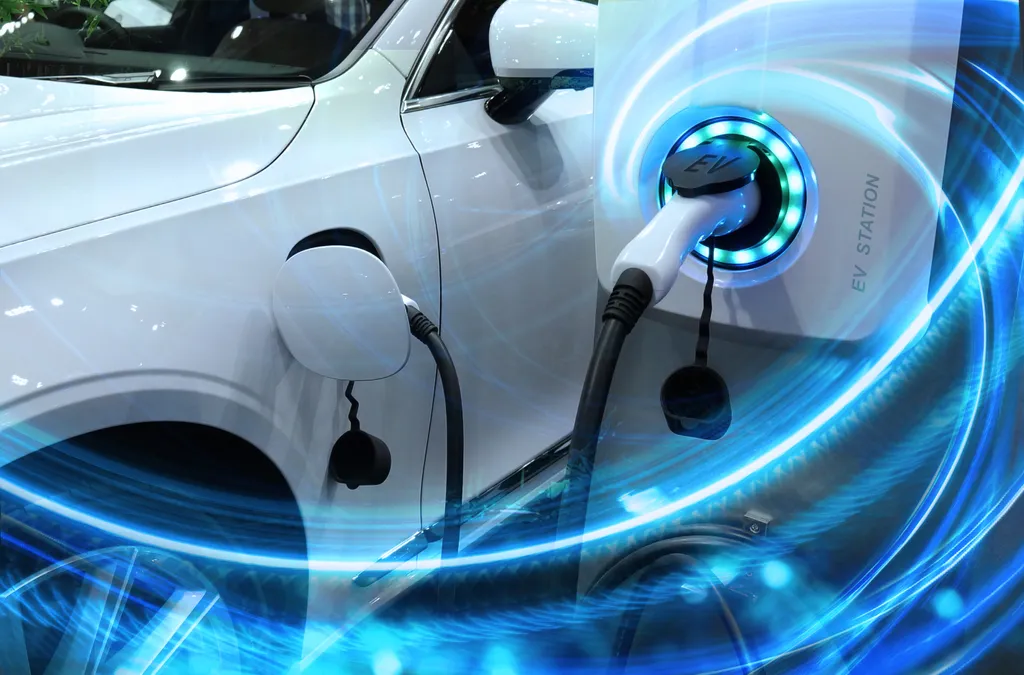 Shutterstock
ShutterstockIs Now the Best Time to Buy?
EVs have been around for years. Though the first examples originated much earlier, the Toyota Prius is widely credited with popularizing electric vehicles on a mass scale. Toyota first released the hybrid Prius in 1997, expanding it to international markets in 2000. The Prius went on to achieve iconic status as a hopeful symbol of a greener, cleaner automotive tomorrow.
Yet, for years, progress on EVs stalled. They were widely touted as a future that just never quite seemed to arrive. However, the proverbial dam has burst over the past few years with the rise of innovative EV brands like Tesla. EVs now seem destined to fulfill their promised potential, and consumers are flocking to them in unprecedented numbers. Let’s break down some of the major reasons why.
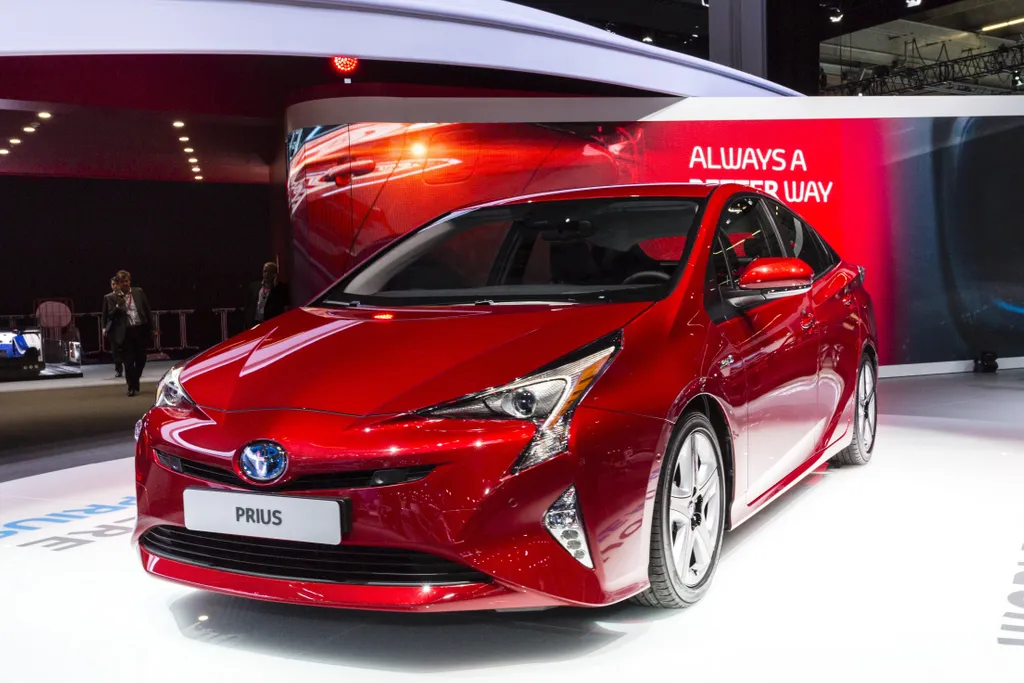 Shutterstock
ShutterstockTax Credits Offer a Major Financial Incentive
The U.S. federal government offers valuable tax credits to consumers who purchase EVs. These tax credits fall under the purview of the Department of Energy (DOE) and are valued at up to $7,500.
According to the DOE, the tax credits apply to any brand-new EV or hybrid vehicle purchased in 2010 or later. The value of applicable credits vary, depending on the vehicle’s battery capacity. Similar tax credits also apply to small electric vehicles used exclusively for local, short-distance travel.
 Shutterstock
ShutterstockMore Tax Credits Might Be On the Way
Proposed by the Biden administration in 2021, the Build Back Better bill proposes a new set of EV tax credits. If passed, the proposed plan would deliver a tax credit of up to $12,500 per vehicle.
However, there are a couple of important caveats. The tax credits would apply exclusively to EVs assembled in the United States. This opens the door to a potential dispute with USMCA partners Canada and Mexico. The legislative future of the Build Back Better bill is also in doubt. In January 2022, it failed to secure support from key senators and is unlikely to pass in its current form.
 Shutterstock
ShutterstockAutomakers Have Upped Their Game
There are several reasons early EVs only mustered modest levels of market penetration. Their battery technologies left a lot to be desired, giving EVs short ranges and limited practicality. Hybrid models overcame these limitations, but also carried premium price tags that made traditional combustion vehicles much more affordable.
These trends are changing. Virtually every major automaker in the world is making big moves into the EV space. Options abound at all price points, and insiders believe we’re still a ways away from peak EV product diversity. Furthermore, many EV batteries can now catch an 80% charge in about half an hour. Their ranges also routinely reach into the multiple hundreds of miles. Engineers continue to innovate, and further improvements appear imminent.
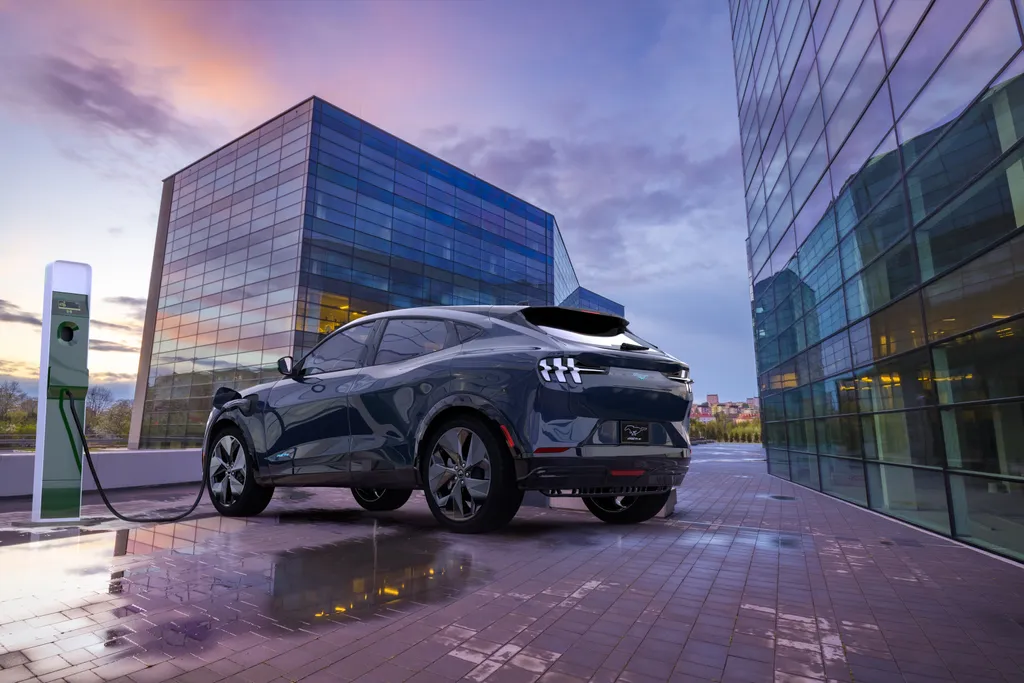 Shutterstock
ShutterstockEV Owners Enjoy Privileges
Many jurisdictions offer special privileges to drivers with EVs. For instance, a growing number of cities and private facilities reserve preferred parking spots for EVs. Many such spaces also come equipped with battery chargers that enhance their convenience and practicality.
Furthermore, EVs usually qualify to use high-occupancy vehicle (HOV) lanes on regulated, high-traffic freeways. These lanes are normally reserved for the exclusive use of vehicles carrying two or more passengers, or public transit vehicles like busses. Either way, owning an EV can create a bit of extra convenience in your life.
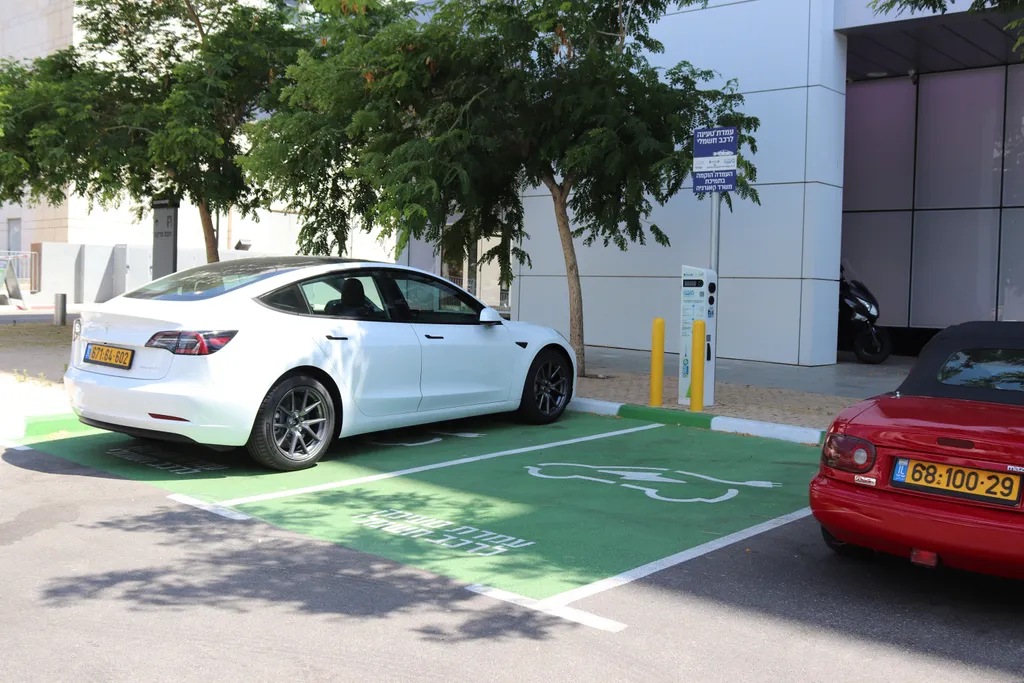 Shutterstock
ShutterstockEV Infrastructure Is Rapidly Improving
A relative lack of EV charging infrastructure has, until recently, been another major stumbling block. Like many other aspects of the EV story, this also appears to be changing.
As of June 2021, there were about 168,000 gas stations in the United States. Yet, the total number of EV charging stations in both the U.S. and Canada barely broke one-quarter of that figure. Fortunately, the U.S. federal government appears poised to make major investments in expanding the availability of EV infrastructure. The most optimistic predictions project that there could be half a million charging stations in the U.S. by mid-decade.
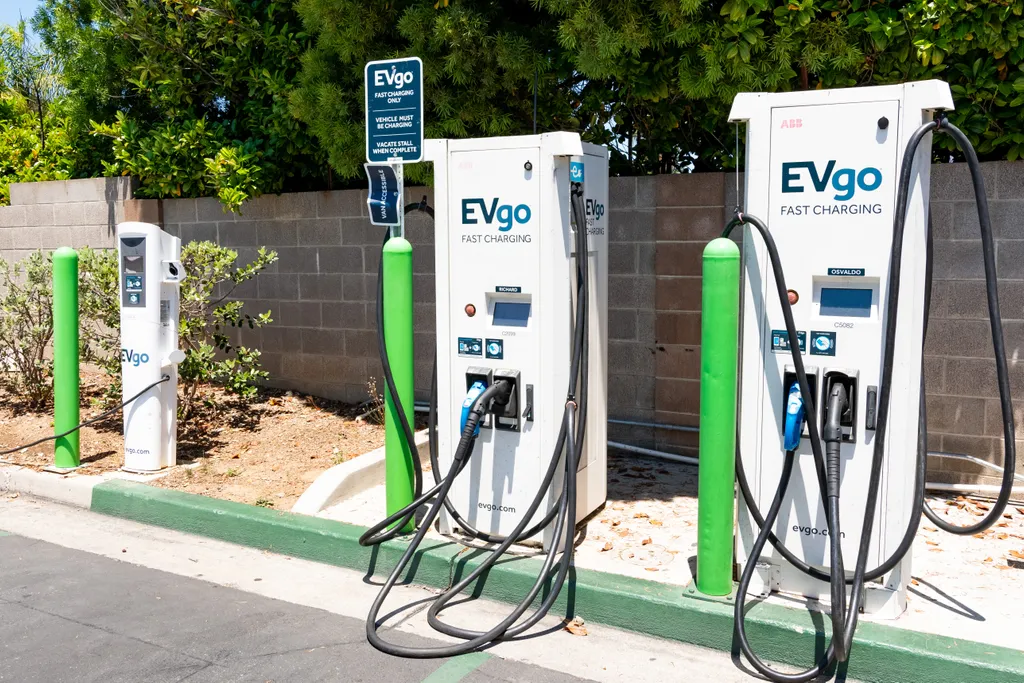 Shutterstock
ShutterstockOperating and Maintenance Costs Are Lower
Multiple studies have shown that the cost of operating an EV is lower than that of a gas-powered vehicle. One widely cited such study was conducted at the University of Michigan’s Transportation Research Institute in 2018. It found that EV owners spent an average of 57% less on annual operating costs than owners of gas vehicles.
More recent studies have challenged those results, but the science is clear in one key regard. EVs have fewer working parts than gas-powered vehicles. This makes them less prone to breakdowns resulting from wear and tear, reducing their relative maintenance costs.
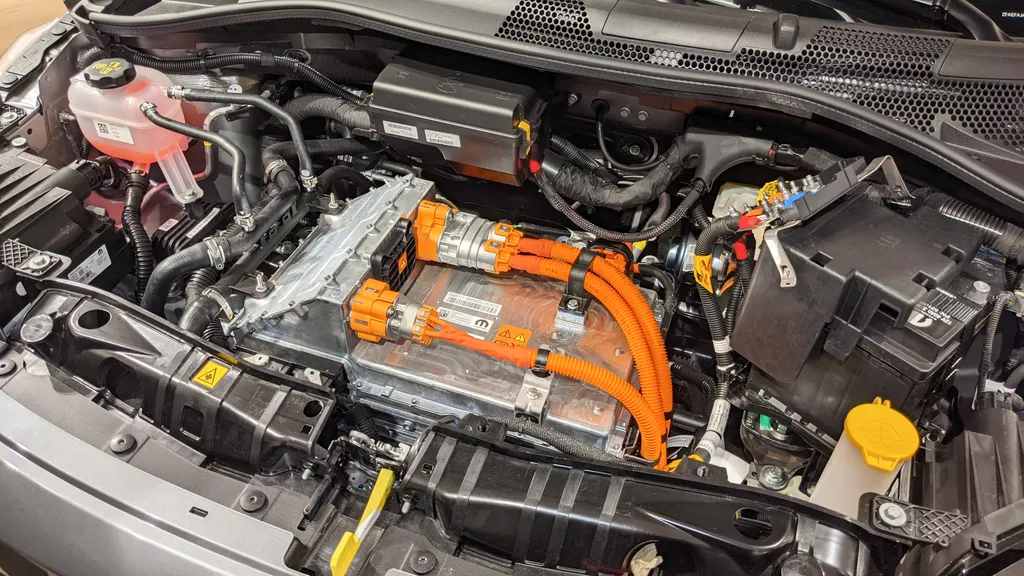 Shutterstock
ShutterstockYou’ll Be Helping the Environment
According to the U.S. Environmental Protection Agency (EPA), transportation accounts for 14% of the world’s total greenhouse gas emissions. The EPA also notes that an overwhelming majority (95%) of the energy used in transportation comes from carbon-rich fossil fuels.
Driving an EV eliminates those emissions entirely, doing the planet a solid. Expanded out on a mass scale, and EVs hold the potential to make a serious dent in emissions and pollution alike.
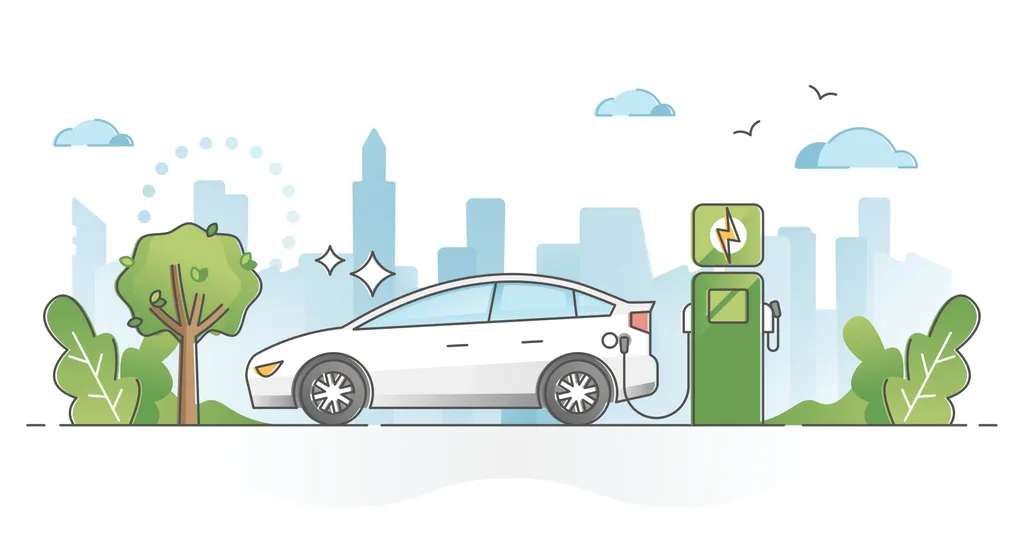 Shutterstock
ShutterstockBut Hold On…
The case for waiting isn’t built on the idea that gas-powered vehicles are a better option. By now, it’s pretty clear that they are destined to go the way of the dinosaur. Instead, the case for waiting is built on this premise: Now might be a good time to buy an EV, but a year or two from now might be an even better time.
Here are three major reasons why.
New and Better Innovations Are Coming
Automakers like Tesla brought EV technology to an exciting new lineup of cars. Electric vehicles now offer performance capabilities that rival even their most powerful gas-powered counterparts. Yet, even more innovation is on the horizon. Impending advancements stand to further boost performance standards, mileage ranges, and the overall practicality of EVs.
The EVs coming down the development pipeline may even vastly outperform the current generation of models. Thus, some consumers are waiting patiently for those developments to become reality before pulling the trigger on an EV purchase.
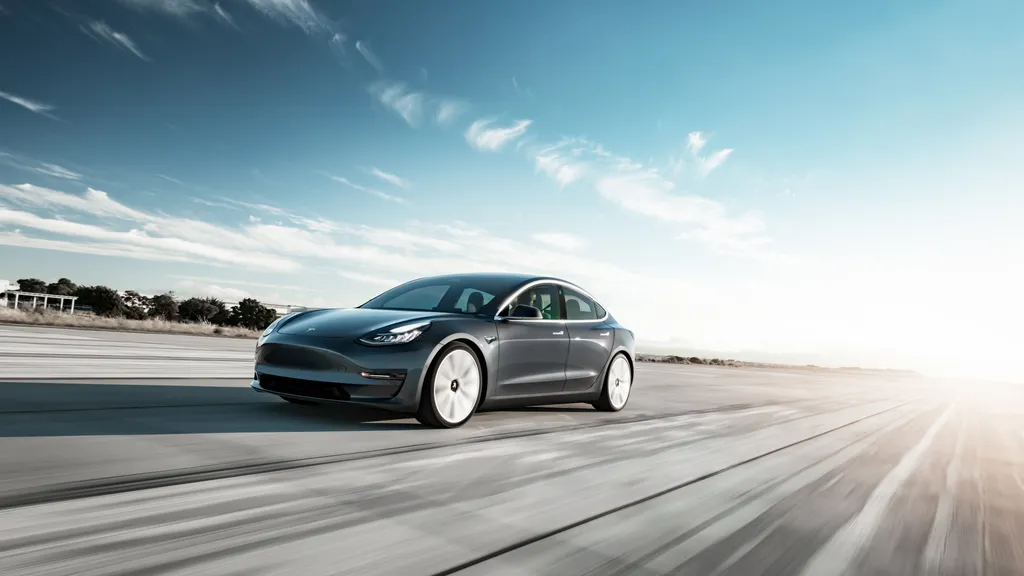 Shutterstock
ShutterstockMore EV Charging Stations Will Follow
President Biden’s Build Back Better agenda has stalled in Congress. Without its passage, the U.S. may not be able to reach its ambitious target of 500,000 EV charging stations nationwide by mid-decade. Even so, it’s a virtual certainty that the numbers will soon vastly improve from where they are today.
In December 2021, more than 50 U.S. energy companies partnered with various government agencies to form the National Electric Highway Coalition. The organization’s plan is to create a nationwide network of EV charging facilities by year-end 2023. Holding out until such a network is in place may be a wise idea for some consumers. This is especially true of those who will rely on their EVs for long-distance road travel.
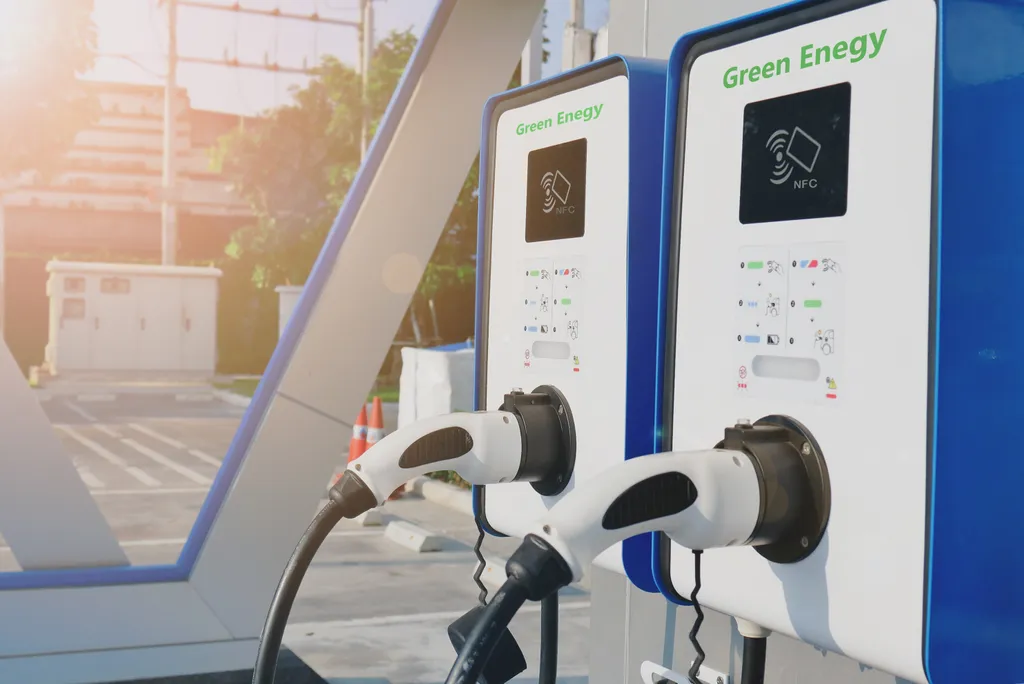 Shutterstock
ShutterstockThe Tax Credit Situation Is Fuzzy
While the Build Back Better bill is pretty much done in its current form, the proposed EV tax credit may yet survive. This is because many aspects of the dying bill could be spun off into standalone pieces of legislation. Thus, that contentious but mouthwatering $12,500 tax credit may still find its way into law.
Everyone, including lawmakers, is far from certain about the direction this is all heading. Thus, you may want to stay tuned to see if that valuable tax credit manages to cheat legislative death.
 Shutterstock
ShutterstockSumming It All Up
Exciting technological developments and design innovations have invigorated the EV industry. Automakers now offer appealing vehicles at a full range of price points. Ownership and operating costs are favorable and continue to fall, and EV charging stations are sprouting up everywhere. These developments suggest now is a great time to buy an electric vehicle.
Yet, at the same time, there are more advancements coming down the pipeline. Some potential game-changers are expected to arrive imminently, over the next couple of years. Thus, some consumers think waiting is a wiser option.
Both approaches have their merits and drawbacks. Essentially, it comes down to this: How badly do you need a new vehicle, and can you afford to wait? Figure out your answer to that question before researching EV options.
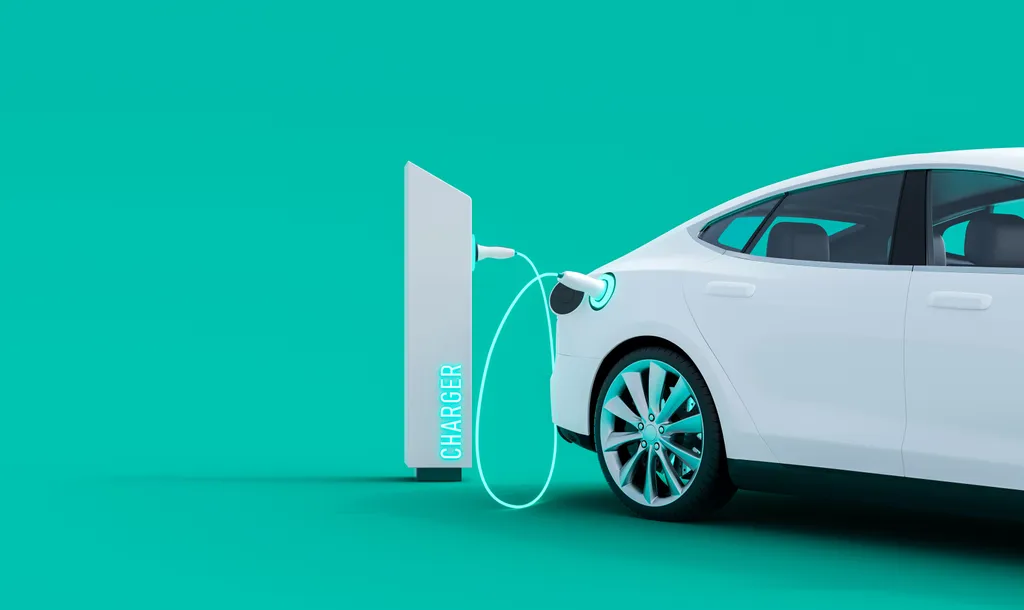 Shutterstock
Shutterstock